Third Infantry Division At The Battle Of Anzio-Nettuno
Nonfiction, History, Germany, European General, Military, United States| Author: | Lt.-Col Gregory A. Harding | ISBN: | 9781782895046 |
| Publisher: | Lucknow Books | Publication: | August 15, 2014 |
| Imprint: | Lucknow Books | Language: | English |
| Author: | Lt.-Col Gregory A. Harding |
| ISBN: | 9781782895046 |
| Publisher: | Lucknow Books |
| Publication: | August 15, 2014 |
| Imprint: | Lucknow Books |
| Language: | English |
This is a historical narrative of the Third Infantry Division’s experiences at the Anzio-Nettuno beachhead from 22 January to 2 June 1944. It identifies major contributing factors to the Third Infantry Division’s battlefield success at the battle of Anzio-Nettuno. The battle is broken down into five distinct stages and investigated in a chronological manner. Potentially significant factors are evaluated in each stage of the battle and include terrain, weather, Allied air superiority, and the quality of military intelligence available to the Third Infantry Division’s commander. Also compared for each side are the quality of senior leadership, previous combat experience, the quality and quantity of manpower replacements, and available artillery resources. This thesis concludes that the Third Infantry Division’s battlefield success at Anzio-Nettuno appears to have been, to a large extent, a result of the quality and stability of the division’s senior leadership, failures and missteps on the part of the higher German command echelons, the division’s masterful employment of field artillery, and a highly effective training program.
This is a historical narrative of the Third Infantry Division’s experiences at the Anzio-Nettuno beachhead from 22 January to 2 June 1944. It identifies major contributing factors to the Third Infantry Division’s battlefield success at the battle of Anzio-Nettuno. The battle is broken down into five distinct stages and investigated in a chronological manner. Potentially significant factors are evaluated in each stage of the battle and include terrain, weather, Allied air superiority, and the quality of military intelligence available to the Third Infantry Division’s commander. Also compared for each side are the quality of senior leadership, previous combat experience, the quality and quantity of manpower replacements, and available artillery resources. This thesis concludes that the Third Infantry Division’s battlefield success at Anzio-Nettuno appears to have been, to a large extent, a result of the quality and stability of the division’s senior leadership, failures and missteps on the part of the higher German command echelons, the division’s masterful employment of field artillery, and a highly effective training program.
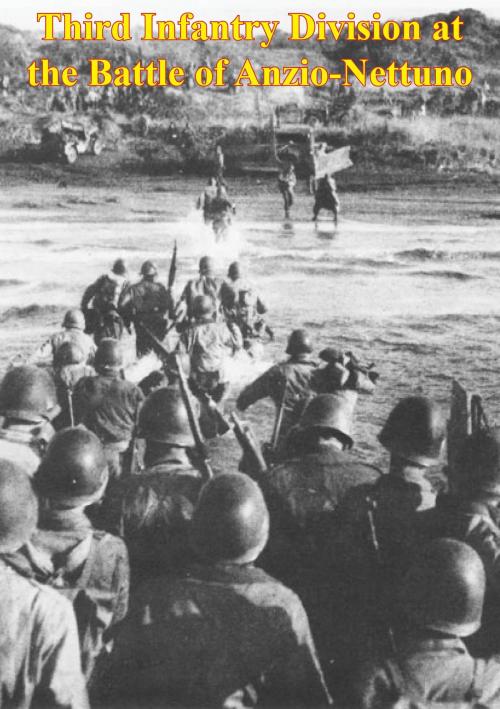

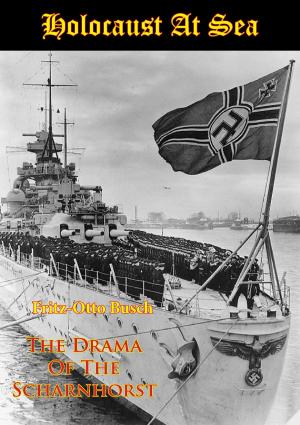
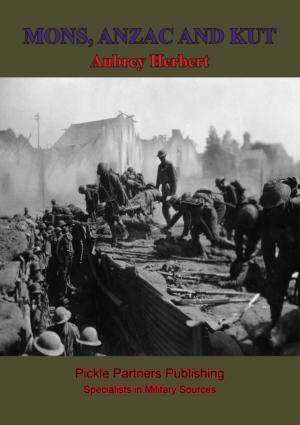
![Cover of the book The Dynamics Of Doctrine: The Changes In German Tactical Doctrine During The First World War [Illustrated Edition] by Lt.-Col Gregory A. Harding](https://www.kuoky.com/images/2015/november/300x300/9781786250193-hbLT_300x.jpg)



![Cover of the book Small Unit Actions During The German Campaign In Russia [Illustrated Edition] by Lt.-Col Gregory A. Harding](https://www.kuoky.com/images/2014/august/300x300/9781782892533-ASXR_300x.jpg)
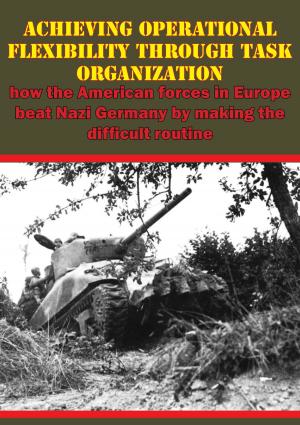

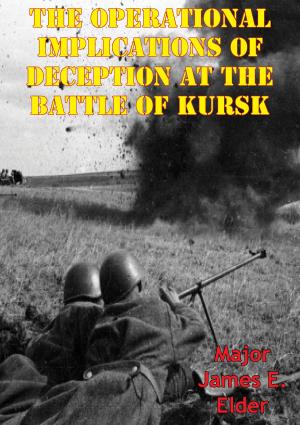

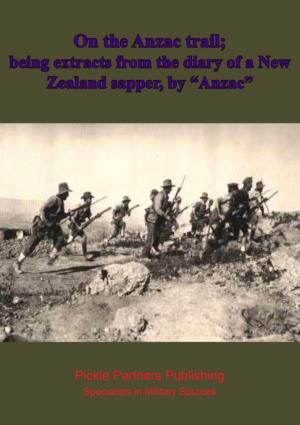
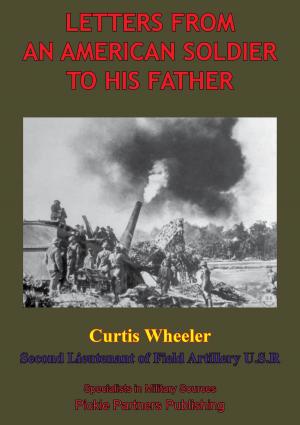
![Cover of the book The Dardanelles Campaign [Illustrated Edition] by Lt.-Col Gregory A. Harding](https://www.kuoky.com/images/2012/april/300x300/9781782890997-ILiM_300x.jpg)